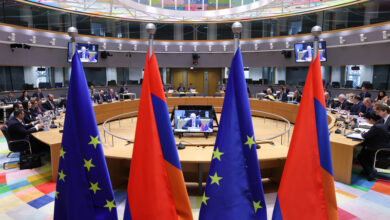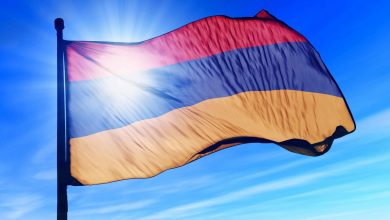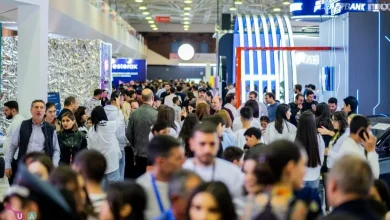Views differ on restoring transport communication between Georgia and Russia

The recent report on an agreement between Moscow and Tbilisi to implement the 2011 Agreement on Trade Corridors between Russia and Georgia has sparked new wave of discussion in Tbilisi. Views differ on the perspectives of its realization.
The announcement was made after talks between Russian Deputy Foreign Minister Grigori Karasin and Georgaan Prime Minister’s Special Envoy, Ambassador Zurab Abashidze.
Some experts believe the issue has already been settled on the highest level, others say Georgia will not opt for it, as the step could actually mean recognition of Abkhazia and South Ossetia.
Executive director of the Caucasian House, political analyst Giorgi Kanashvili calls attention to the fact that the parties referred to the issue on many occasions before, but have now started speaking openly about it.
“Taking into consideration the experience and caution of the two diplomats, I believe that the process is coming to an end. I think the issue has been settled on the highest level,” Kanashvili told Public Radio of Armenia.
The expert is confident that the highway passing through South Ossetia will benefit not only Armenia, but also Georgia.
“It will boost Georgia’s role as a transit country in the region and contribute to the normalization of Russian-Georgian relations. The financial aspect is also very important,” he said.
Political scientist Gela Vasadze does not share the opinion that the issue has been finally settled.
“We are still holding negotiations to have Russia implement the provisions of the 2011 agreement,” Gela Vasadze said.
According to him, restoring the transport communication at this point would mean that “Georgia recognizes the ‘occupied territories’ economically.”
“Besides, commissioning of the road will face resistance in Georgia, which the authorities will hardly manage to overcome,” he said.
The political scientist insists that the “commissioning of the railway will bring small revenues to Armenia and Georgia.” He considers all roads will open only after the conflicts are solved.
The rail communication between Georgia and Russia was disrupted during the War in Abkhazia in 1992.
Experts in Armenia believe restoration of rail communication will help ease the burden of the country’s partial blockade and will simplify Armenia’s communication with the outer world.









